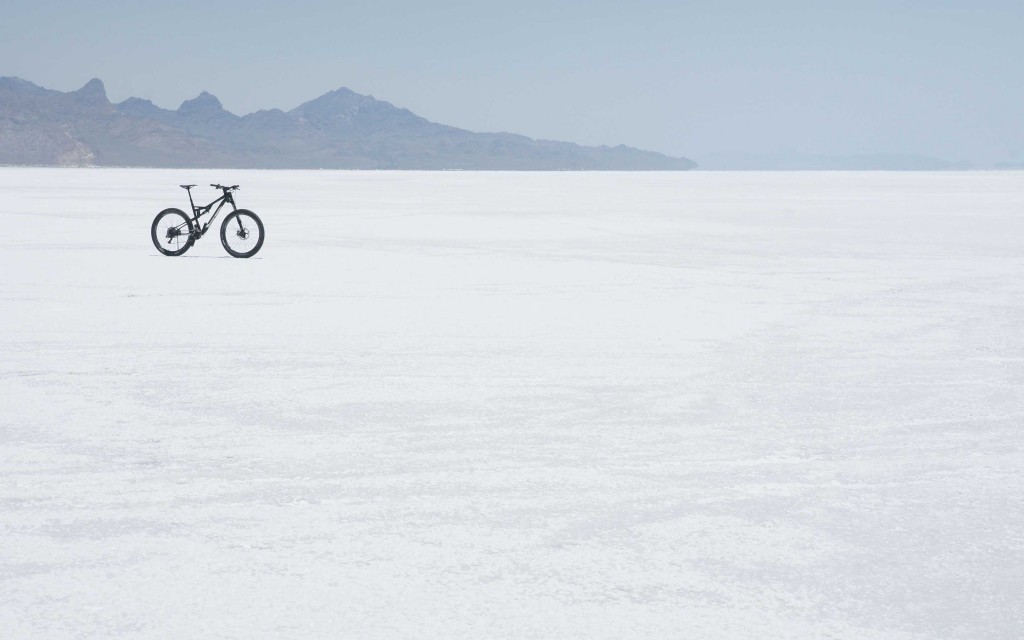The Judeo-Christian holy scriptures (Torah/Tanakh for the Jewish, and the book of Genesis in the Bible for the Christian) are derived from the same texts and recount a narrative of creation with the famous phrase, “In the beginning…” In those brief three words, we are introduced to the concept of time which has a very peculiar quality in that it is the one dimension in which one can travel in one direction only. (Our universe also has length, width, and depth, along which we can freely move forward and backwards – in space) Once there is a start, everything else within this universe can only travel in one direction – forward. This strange limitation is a pre-requisite for a history to be recorded and a story to be told. Once something comes to pass and is recorded, the story can’t change (which would not be true if one could travel backwards in time and thus alter the story).
This also hints that the Creator who made this universe, has chosen to enter into the constraints of His/Her creation, thereby choosing to limit themselves while operating within that realm. While creating time out of nothing, or perhaps out of a reality bigger than time, the Creator has fashioned a stage with which to record a story about the Creator and Their interaction with that creation. This is the first time we begin to comprehend that the Creator has chosen to limit themselves, and it is not the last.
“In the beginning, God created the heavens and the earth….” “…and it was good.”
In fact, in the Judeo-Christian story of creation, everything created was deemed “good” at the point of its creation. Light and dark, land from the waters, heavenly bodies, plants, animals, humans – all were good. In the six days of creation, there were six statements of “and it was good.” But then, a jarring statement interrupts all this goodness and sticks out like a sore thumb.
“It was not good for man to be alone.”
This was the ONLY time in the seven days of creation that anything was deemed not good. This revelation is significant because it lays the groundwork for understanding the ultimate need that the Creator has built into His creation (and into mankind, in particular) It is this very primordial need that the rest of the story of the Tanakh and the Holy Bible try to address, and it becomes the axis around which everything else turns as we learn more about the Creator and humanity.
If this is true, mankind’s greatest need is not to avoid or minimize suffering, it is to address Aloneness. Everything else is subordinate to dealing with that which was not good since the beginning of creation.
Photo: Alone on a Salt Flat (Bicycle on the Bonneville Salt Flats in Utah)